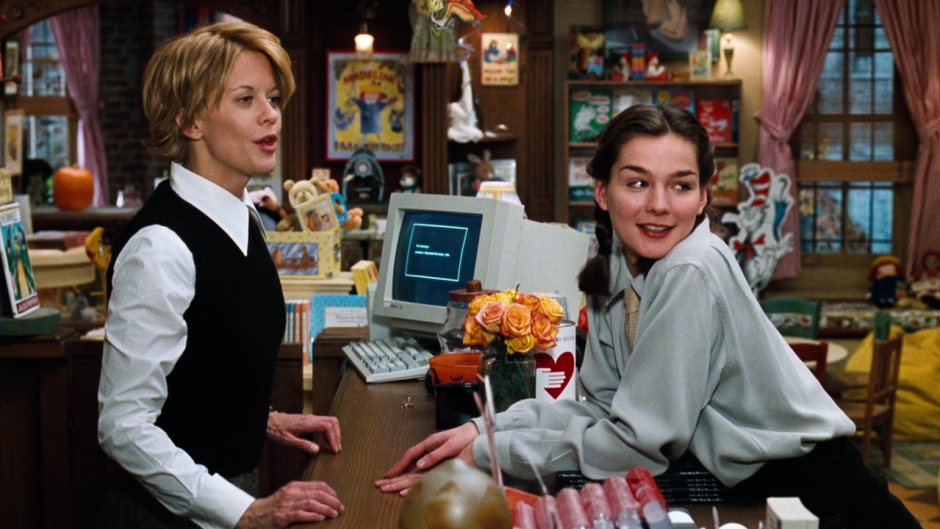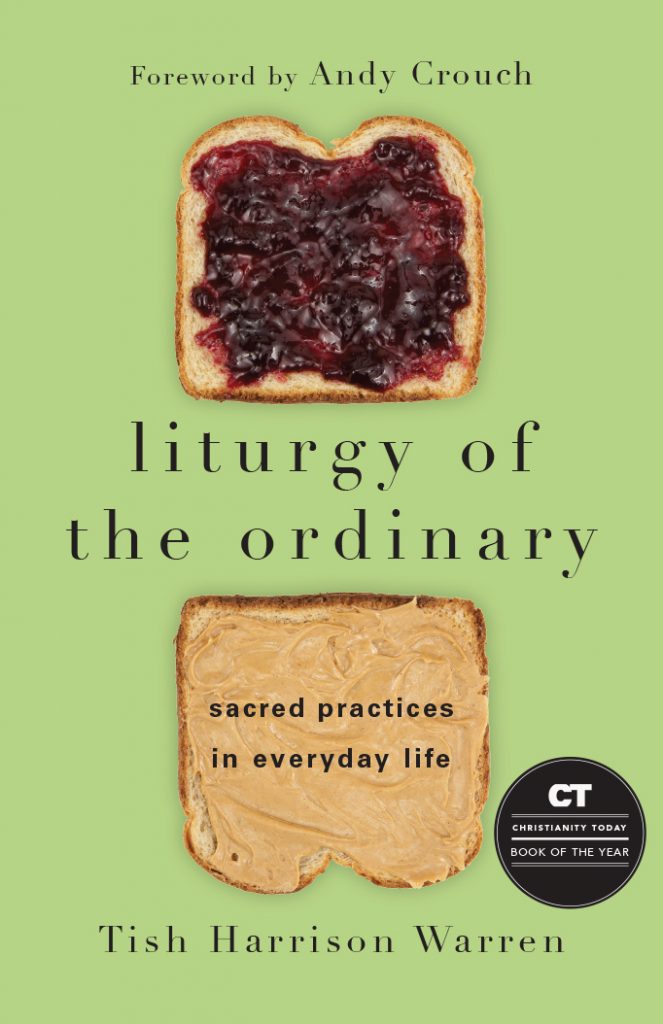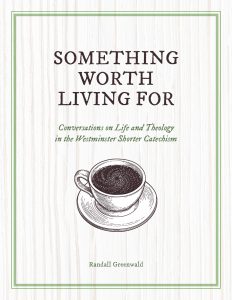It is great in theory to say that one will leave Amazon for other bookselling relationships, but there is a cost to be counted. I was unaware how deeply the grip of Amazon’s price and convenience had on me. To give these things up requires a determination that I’m not sure many of us will be able to muster. How attractive, I wondered, would the alternatives be?
One repeated recommended bookseller was Hearts & Minds Books in Dallastown, Pennsylvania. Tish Harrison Warren in her initial online comments about the counterfeiting of her book recommended this store. It met all my criteria but the local one. We also considered two local independent stores. One was Brightlight Books (which specializes in used books, and whose new selection tends toward the Christian/theological side of the book world) and the other was Writer’s Block Bookstore (specializing in the more general publishing side of things). All three assured me that protocols were in place to offer secure books.

Hearts & Minds lived up to its positive hype. I visited their site, browsed a bit, and signed up for their promotional mailings. Very soon I saw advertised a book that I had wanted to read listed at 20% off, so I ordered it. Their ordering process seems primitive in an Amazonian age. I emailed them the name of the book I wanted. They gave me the choice of paying for it in a variety of ways including their sending the book with an invoice. (What? They would trust me? Inconceivable!) For a non-local seller the process was oddly personal. There were a series of email exchanges and in 4 days from placing the order I had the book. Of course, having advertised the book, I knew they had it in stock. I have not tested their speed when the book is one they have to order. Nevertheless, their turnaround was quite impressive and the feel very personal.

Brightlight has been for years my used book source in Orlando. Having a storefront two miles from my house also makes it terribly convenient. For this test I only bought a new book that they had in stock – so the convenience and turnaround was solid. The owner tells me that if I want to order any new book I can do so by sending him a personal email. I’ve not had a chance to test that process, so I’m not sure how quickly I would get a book by that method, but it would be personal and close.

To shop at Writers Block Bookstore requires more of an effort on my part. Though it is a lovely and quaint physical space with, I am finding, delightful and helpful personnel, it is a thirty minute drive from my home and only indirectly on my way to anywhere. It has the charm that I associate with a local bookstore that makes me want to go, hang out, wander around. Unlike browsing on a web site, I can pick up books, feel them, flip through their pages. And, unlike an online store, I bump into other customers. Literally. There is a human engagement that feels right.
However, my tastes are rarely going to be found on the shelves of such a store. I ordered three books using their web site ordering system, two books I knew they did not have in stock and one that I knew they did. The process was not very efficient. The book in stock was available for pick up two days after the order was placed, though it was five more before I could get to the store to get it. The other two took about two weeks before they were ready for pick up.
So, same-day delivery is not going to happen. But rarely do I need a book immediately. I’ll give that up. But what premium was I willing to pay? What would it cost me in dollars? Quite a bit, it seems. The eight books I have purchased in this test run cost me 43% more than what I would have paid had I purchased them from Amazon. And that is where Amazon has its tightest grip on someone like me. My $500 worth of yearly new book purchases leaps to $715 if I abandon the Amazon ship. And for most of us, that matters.
Amazon is a cheaper and sexier date, by far. Still, I would rather pay the premium for someone whom I can trust, and who will carry on a conversation over dinner.





